With Monster Hunter Wilds breaking Steam records and Resident Evil more popular than ever, thanks to Village and a series of stellar remakes, it’s almost as if Capcom is incapable of failure. However, this wasn't always the case. Less than a decade ago, after a string of critical and commercial flops, Capcom found itself on the brink of collapse, having lost its way and its audience.
Capcom was grappling with an identity crisis. The survival horror genre, which Resident Evil had established, had lost its edge after Resident Evil 4. Similarly, Street Fighter, another flagship series, was struggling following the poorly received Street Fighter 5. It seemed as though Capcom and its beloved franchises were on the verge of extinction.
Yet, from the depths of despair, Capcom found its path to redemption. A shift in development strategy, bolstered by the introduction of a powerful new game engine, breathed new life into these iconic series. This change marked the beginning of a remarkable turnaround, propelling Capcom back into the gaming industry's elite.
Resident Evil Lost Its Way
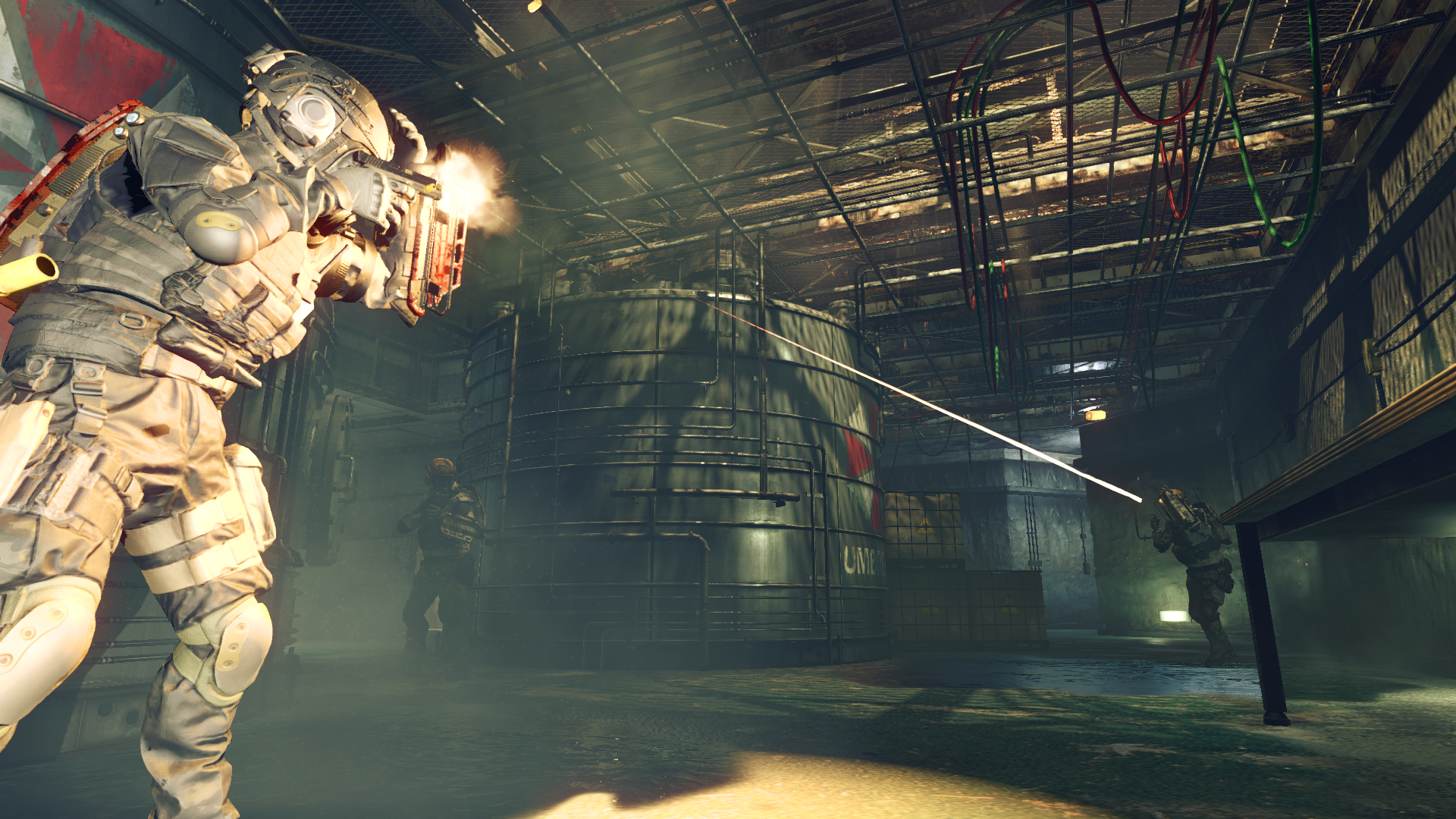
2016 was a challenging year for Capcom. The release of Umbrella Corps, an online co-op shooter, was met with harsh criticism from both reviewers and fans. At the same time, Street Fighter 5 disappointed many longtime fans with its lackluster execution. Dead Rising 4, which brought back the beloved character Frank West, was the last new entry in the series, signaling a low point in Capcom's output.
This period was part of a broader struggle that Capcom had been facing since 2010. The mainline Resident Evil games saw diminishing critical acclaim despite strong sales. Street Fighter was faltering, and other key franchises like Devil May Cry were absent from the scene. Meanwhile, Monster Hunter, though a massive success in Japan, struggled to penetrate international markets.
"Many of us started feeling that what the fans and players wanted from the series was getting a little bit separate from what we were making," reflected a Capcom developer. This sentiment starkly contrasts with Capcom's recent trajectory. Since 2017, the company has consistently delivered hits from its flagship franchises, such as Monster Hunter World, Devil May Cry 5, Street Fighter 6, and a series of acclaimed remakes and reboots of Resident Evil. Capcom's turnaround required more than just learning from past mistakes; it demanded a complete overhaul of their strategy, from their target audience to the technology they used.
To delve deeper into this transformative journey, IGN spoke with four of Capcom's leading creatives to understand how one of gaming's most successful companies managed to recover and thrive.
Founded in 1979 as a maker of electronic game machines, Capcom rose to prominence in the 80s and 90s with 2D games like Street Fighter and Mega Man. The transition to 3D gaming in the 2000s, exemplified by Resident Evil, marked a significant evolution. Between 2000 and 2010, Capcom successfully modernized many of its classic franchises, culminating in the iconic Resident Evil 4.
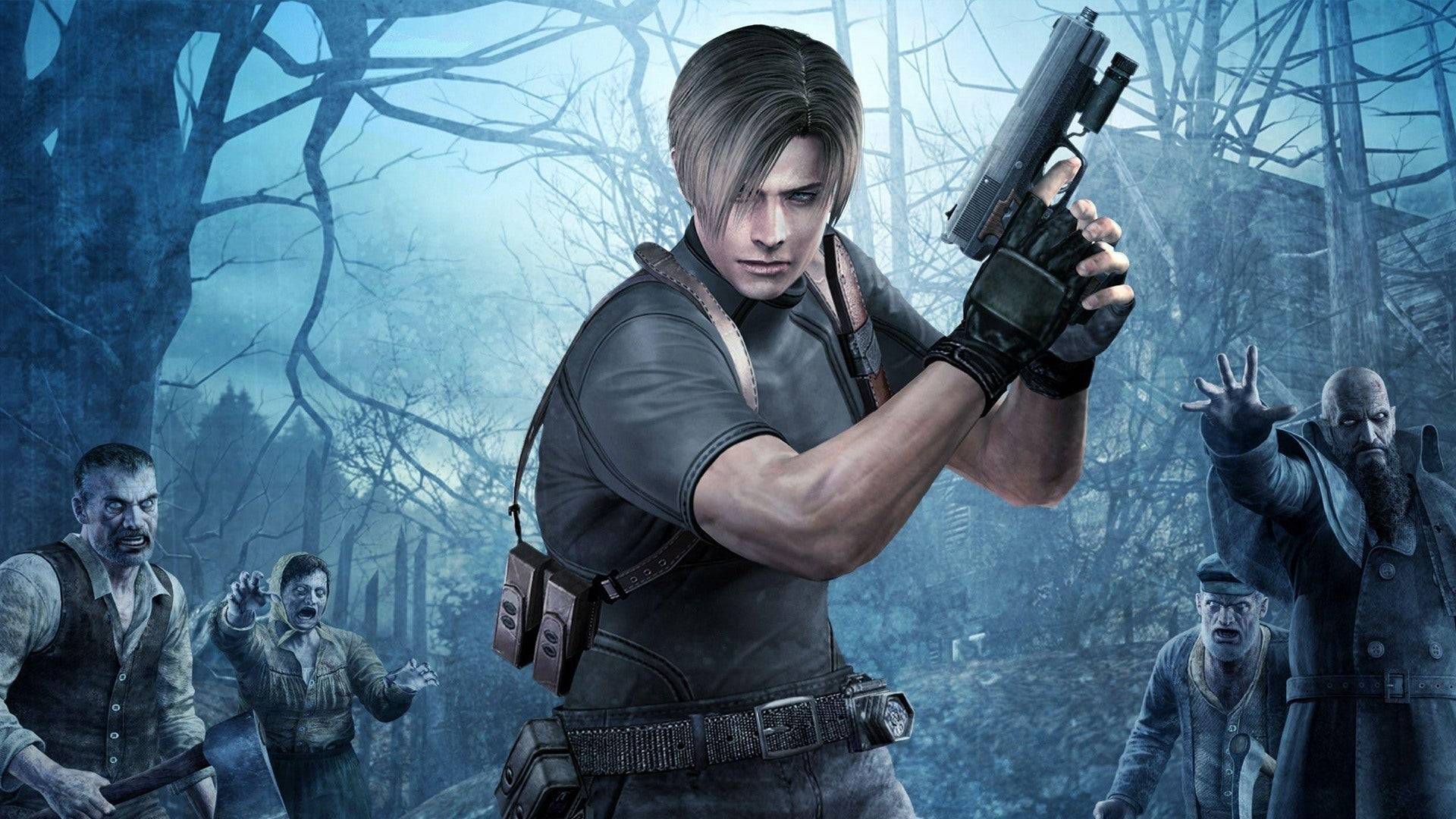
Released in 2005, Resident Evil 4 is celebrated for its innovative blend of horror and action. However, this balance was disrupted in subsequent games. Resident Evil 5 introduced action-heavy sequences that detracted from the series' horror roots. The identity crisis was evident, and it was acknowledged by developers like Yasuhiro Ampo, who had been working on Resident Evil since 1996.
"Overall throughout the Resident Evil series, we set up different goals, challenges, and things we want to try with each game… But this time, many of us started feeling that what the fans and players wanted from the series was getting a little bit separate from what we were making," Ampo explained.
The resulting Resident Evil 6 in 2012 attempted to cater to both action and horror fans but failed to satisfy either group fully. This dissatisfaction was echoed across other Capcom franchises. Following the success of Street Fighter 4, Street Fighter 5 was criticized for its lack of content and poor online functionality. Devil May Cry also faced challenges, with DmC: Devil May Cry receiving mixed reactions. Capcom's attempts to capture the Western market with titles like Lost Planet and Asura's Wrath were largely unsuccessful. The only bright spot during this period was Dragon's Dogma, a new dark fantasy RPG directed by Hideaki Itsuno.
Street Fighter 5, The Lost Cause
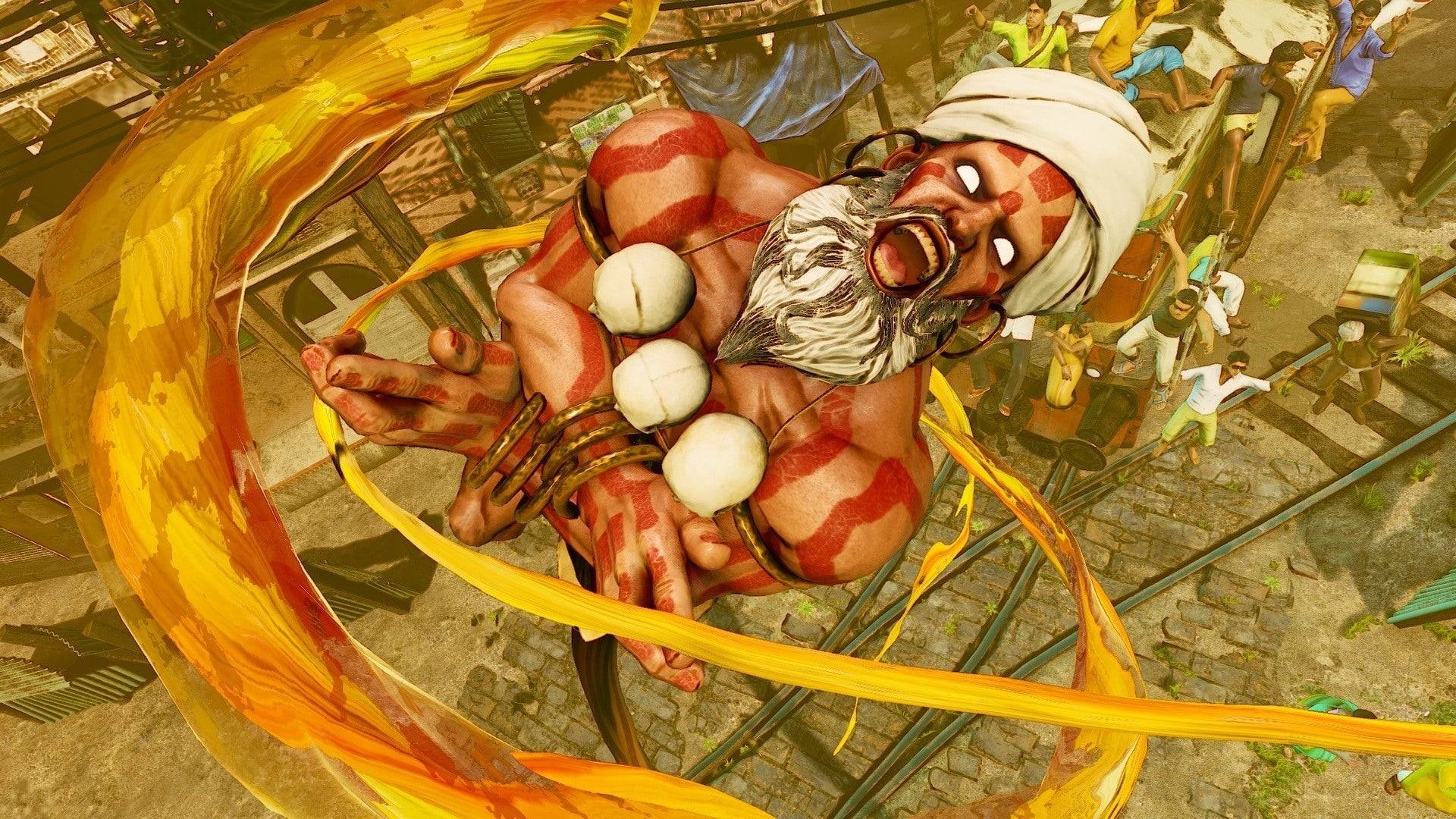
By the mid-2010s, Capcom initiated strategic changes that would dramatically alter its future. The first step was to address the immediate issues with Street Fighter 5. Directors Takayuki Nakayama and producer Shuhei Matsumoto were tasked with stabilizing the game.
"There definitely were some challenges within the production of the game, and that was part of the reason why I was brought into the team," Nakayama admitted. The constraints they faced meant that significant changes were not possible, so they focused on fixing the most pressing issues and preparing for Street Fighter 6.
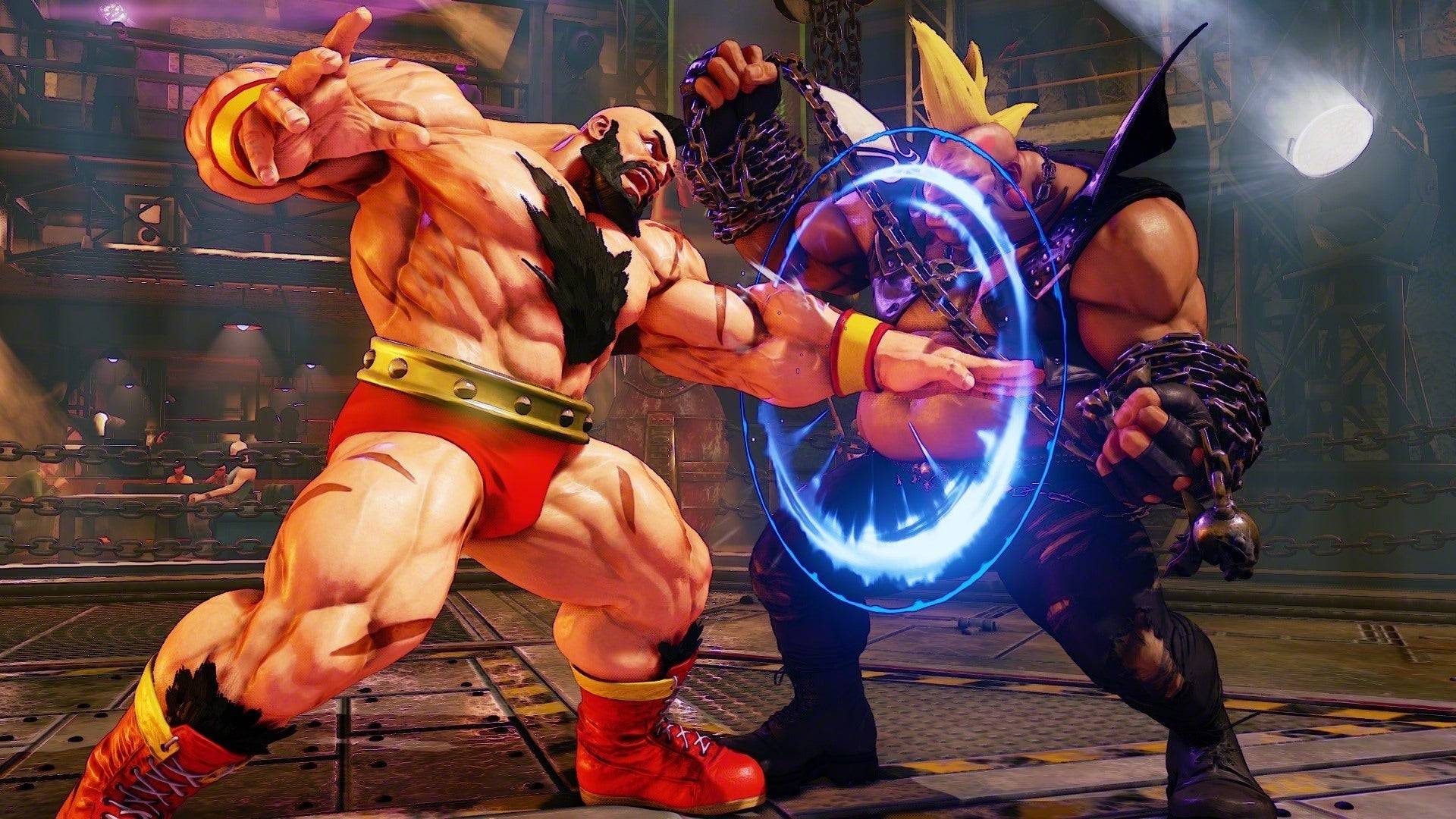
"We just didn’t really have enough time to address some of the problems and challenges we faced in Street Fighter V," Nakayama noted. "And so, with our hands tied behind our backs, we basically had to wait for those ideas to be brought back for the initial conceptual phases for Street Fighter 6, so we could tackle and do things properly for the next title."
Matsumoto explained that abandoning Street Fighter 5 to start on Street Fighter 6 was not an option. Instead, they used Street Fighter 5 as a testing ground for ideas that would later be refined in Street Fighter 6. "Basically, we tried different things during the development of Street Fighter 5 to see if it worked and then we took the things that did work and applied that to Street Fighter 6," he said.
The ultimate goal was to rediscover the fun in fighting games, which had become frustrating to master with Street Fighter 5. "We both realized that fighting games are fun, and when you get used to them, it becomes more enjoyable and something you can essentially play forever as long as you have an opponent to play against," Matsumoto said. "However, one of the challenges that we faced with Street Fighter V is that we felt that there wasn’t a clear pathway that helped guide players to get to that level where they finally feel like they’re having fun and will want to continue playing."
Street Fighter 6 aimed to be more approachable for new players while retaining the elements that longtime fans loved. By using Street Fighter 5 as a testing ground, Capcom was able to launch Street Fighter 6 in 2023 as one of the most critically acclaimed games in the franchise.
To prevent future disasters, Capcom implemented vital behind-the-scenes changes, including the adoption of a new game engine.
Monster Hunter Took Over The World
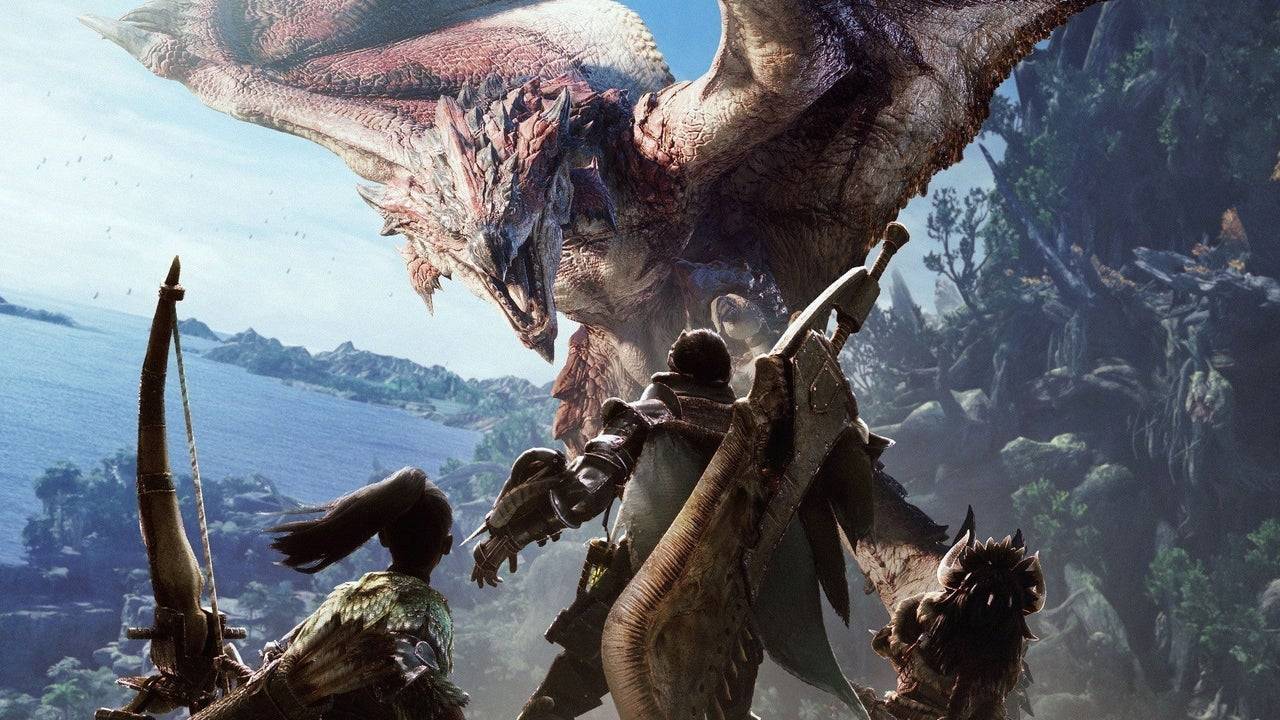
Around the time of Street Fighter 5's launch in 2016, Capcom underwent an internal reorganization to prepare for a new generation of games powered by the RE Engine. This engine replaced the aging MT Framework and was accompanied by a new mandate to create games for a global audience.
"It was a few factors that came together," said Hideaki Itsuno, a former game director at Capcom known for Devil May Cry. "The change of the engine and also all teams were given a very clear goal at that point to make games that reach the global market. [Games] that are fun for everyone."
During the PS3 and Xbox 360 era, Capcom tried to capture the Western market with games like Umbrella Corps and Lost Planet, but these efforts were largely unsuccessful. Itsuno emphasized the importance of focusing on creating universally appealing games. "I think that we had that clear goal of just focusing and not holding anything back towards making good games that would reach people from all over the world."
The release of Resident Evil 7 in 2017 marked the beginning of Capcom's renaissance. No series better exemplifies Capcom's new goal of global success than Monster Hunter. While the series had a dedicated fanbase in the West, it was much larger in Japan due to the success of handheld consoles like the PSP.
"20 years ago in Japan, having a network connection wasn't as easy, and there weren’t a huge amount of people playing Monster Hunter online. However, handheld consoles made multiplayer gameplay easy without internet access, and I regard it as a great success that we had players experience the game in this way, which was one of the ways we really wished for them to play and enjoy it, even in that era when online gameplay wasn't easy," explained Ryozo Tsujimoto, executive producer of the Monster Hunter series.
With improved internet infrastructure in the West, Capcom saw an opportunity to launch Monster Hunter: World in 2018 on PlayStation 4, Xbox One, and PC. This game was designed to appeal to a global audience, with simultaneous worldwide release and no exclusive content for any region.
"Our approach to the globalization of the series and Monster Hunter in general really ties into not only the themes that we had going into designing the game, but also in the name of the game," Tsujimoto revealed. "The fact that we called it Monster Hunter: World is really kind of a nod to the fact that we wanted to appeal to this worldwide audience that we wanted to really dig into and experience Monster Hunter for the first time."
To ensure broad appeal, Capcom conducted global focus tests for Monster Hunter: World. "For World, we conducted focus tests across the world, and some of the feedback and opinions that we got during that process really affected how we designed our game systems and impacted how much success we had globally," Tsujimoto said.
These efforts paid off, with Monster Hunter: World and its 2022 follow-up, Monster Hunter Rise, both exceeding 20 million copies sold. Tsujimoto emphasized maintaining the series' core while making it more accessible. "At its heart, Monster Hunter really is an action game, and that sense of accomplishment you get from really mastering that action is an important aspect of Monster Hunter," he explained. "But for newer players, it's really about getting to that point. The steps involved in getting to that sense of accomplishment is what we're trying to strategize for, in terms of designing for new players."
Resident Evil 7 Began Turning Things Around
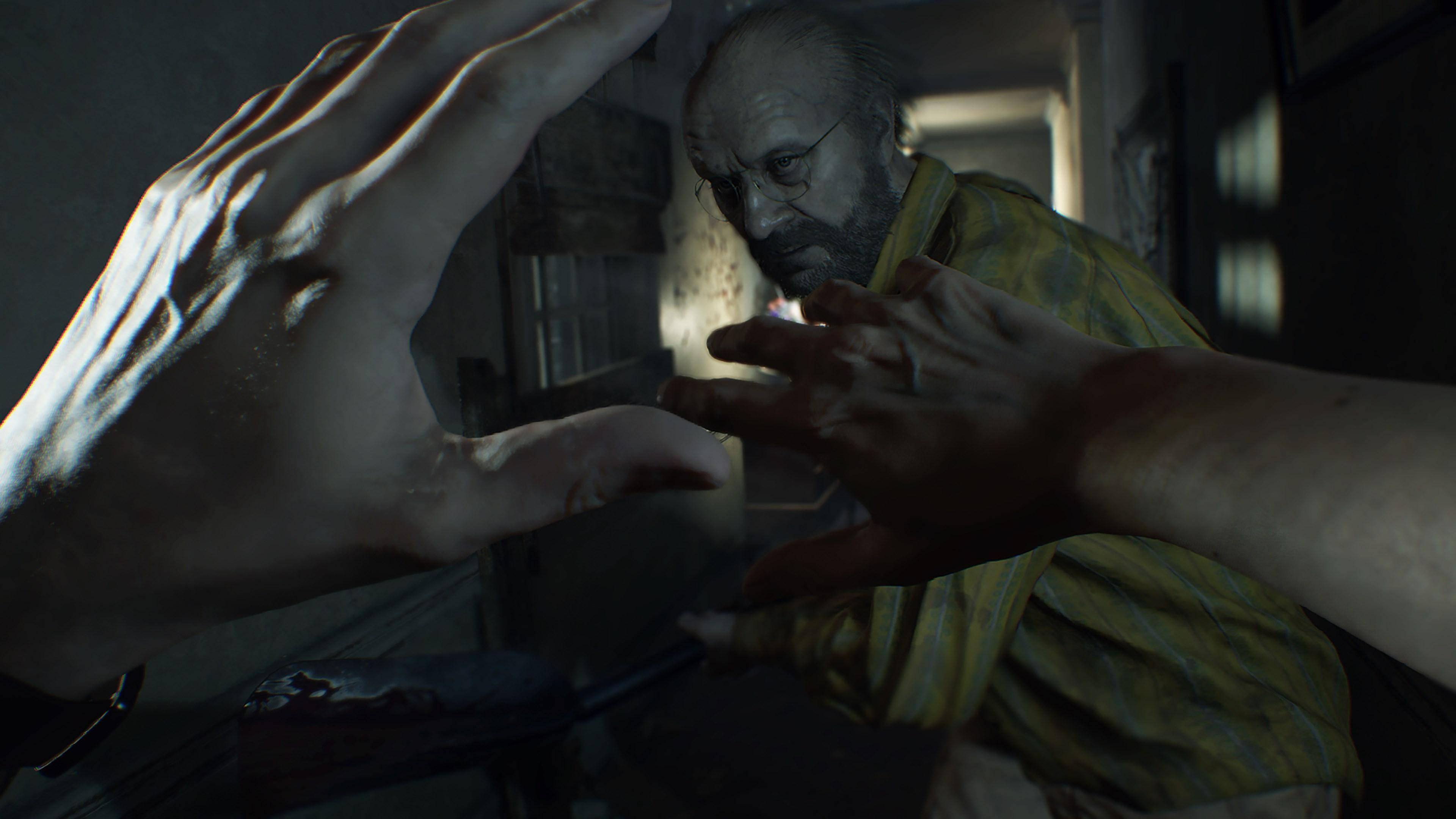
While Monster Hunter had a winning formula, Resident Evil faced the challenge of choosing between action and survival horror. Executive producer Jun Takeuchi decided that the series needed to return to its survival horror roots.
"It was around the time I was working on Resident Evil Revelations 1 and 2. I was trying to test different things, try different approaches," recalled Yasuhiro Ampo, director of Resident Evil 2 and 4 Remake. "And around this time is when the R&D teams were divided into R&D division one and two. The executive producer of the Resident Evil series, Jun Takeuchi, took command of R&D division one, and he set the core direction that the Resident Evil series needed to go back to its origins, to its roots."
This decision was validated with the release of Resident Evil 7, announced at PlayStation’s E3 2016 conference. The game's first-person perspective brought back the series' horror element. "With Resident Evil 7, the executive producer, Jun Takeuchi, made it clear that we cannot underestimate how critical it is for the series for it to be scary and about survival," Ampo said.
Resident Evil 7 was a success, re-establishing the series as a survival horror powerhouse. However, Capcom did not abandon the third-person perspective entirely, releasing remakes starting with Resident Evil 2. "It was like, ‘all right people really want this to happen.’ So producer [Yoshiaki] Hirabayashi came up with the slogan: ‘Well, we’ll do it,’" Ampo revealed.
The Resident Evil 2 remake was a critical and commercial success, becoming the second best-selling game in the franchise. Capcom followed with a Resident Evil 3 remake, and despite initial hesitation, they also remade Resident Evil 4. "As you mentioned, [Resident Evil 4] was still a title that enjoyed some popularity. So there was a lot of internal discussion on how maybe it’s not a good idea. Maybe we don’t need a remake for Resident Evil 4, especially because Resident Evil 4 is a game that is so beloved. If we get anything wrong with the remake, people might be quite vocal about their discomfort," Ampo admitted.
The Resident Evil 4 remake was well-received, fine-tuning the action-horror balance to align with Takeuchi's vision of returning to the series' survival horror roots.
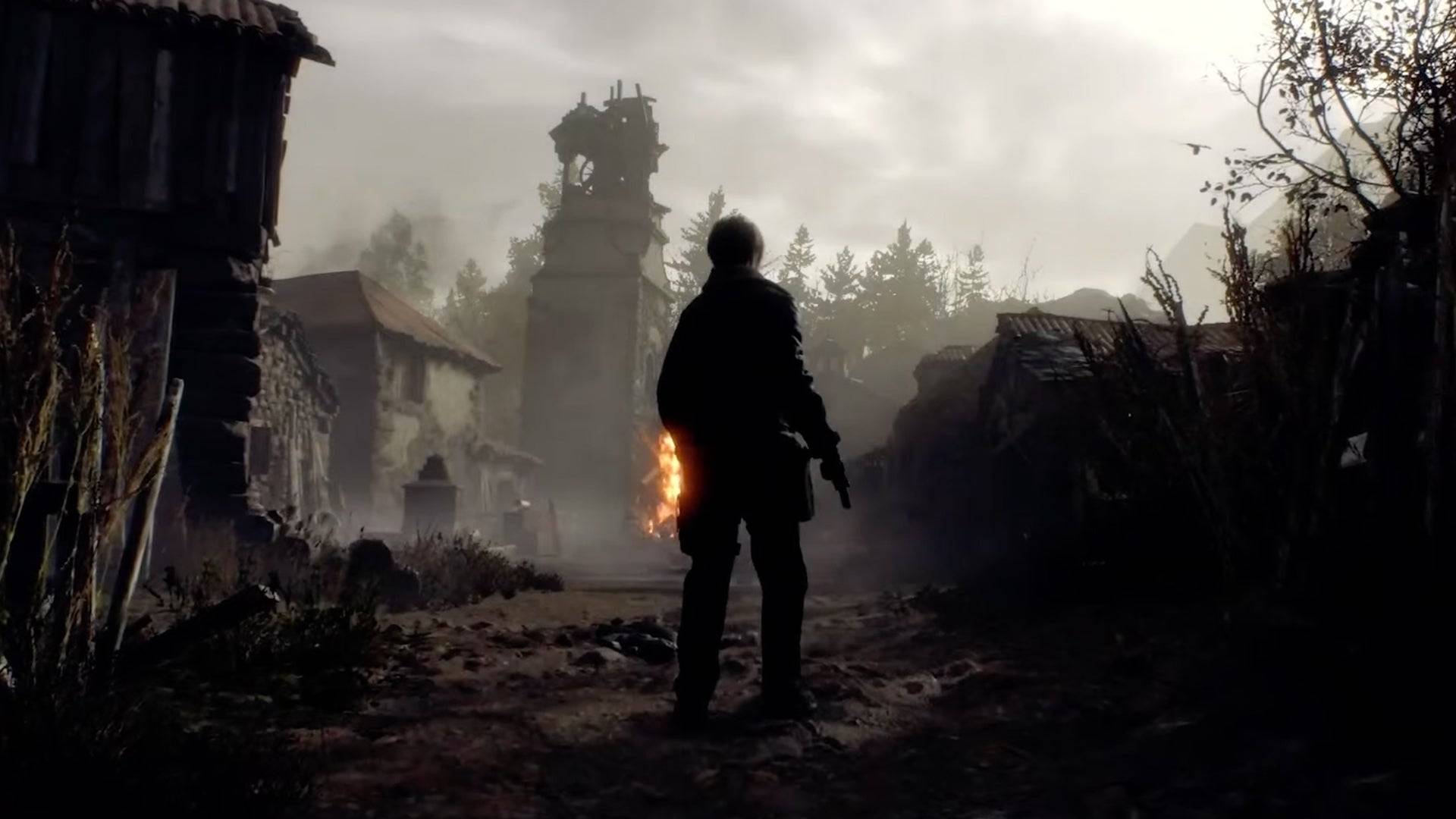
The Reason Behind The Change
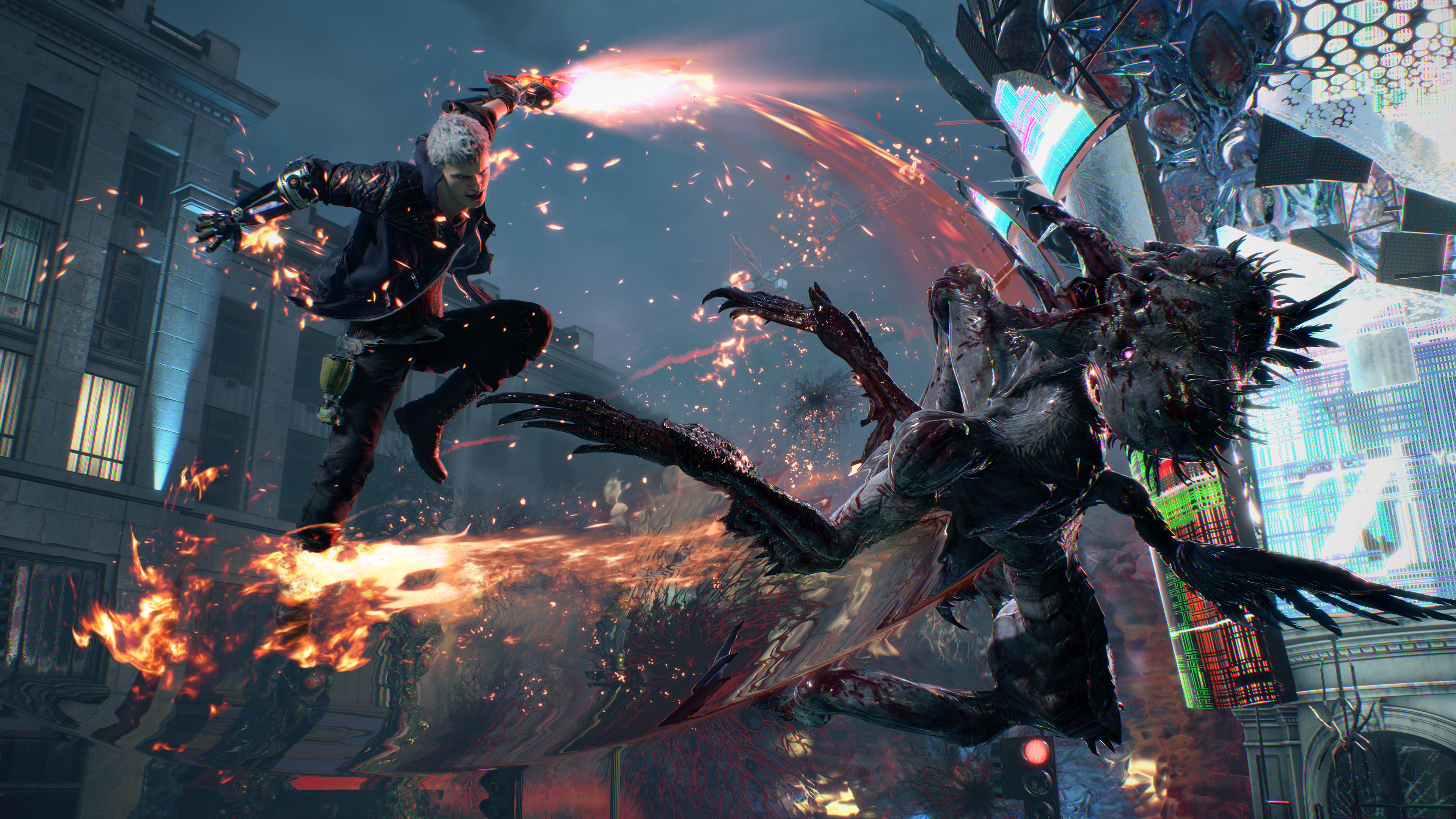
Hideaki Itsuno, longtime director of Devil May Cry, observed the softening of the action genre and sought to challenge it with Devil May Cry 5. "I felt like the main trend with action games was to make action games that were very kind," Itsuno said. "Maybe, for me, a little bit too kind to the players, lending a hand to the player too much to my liking."
Itsuno's return to Devil May Cry after nearly 11 years was marked by the use of the new RE Engine, which provided photorealistic assets and nimble development tools. "Technology-wise, there were not just little improvements that you would have when you work on a series consecutively," Itsuno noted. "When there’s a wide timeframe, [the technology] changes significantly."
The RE Engine allowed for rapid development and iteration, which was crucial for Itsuno's goal of making the "coolest" action game. "Devil May Cry is a franchise that stands on being cool," he said. "That’s what the franchise is, it’s about being cool. Ever since I took over the series from Devil May Cry 3, I put everything that I, as a person, I considered throughout my life to be cool. Anything I’ve seen on TV, in movies, and comics I’ve read, any sport experiences I’ve had, I try to distill everything that I think is cool into what the game is."
A New Capcom Golden Age
Since 2017, Capcom has released a game of the year contender almost annually, a stark contrast to the struggles of other major studios. This winning streak includes 10 critically acclaimed games in less than a decade, with Monster Hunter Wilds poised to continue this trend.
Capcom's strategy of creating globally appealing games, powered by the technologically advanced RE Engine, has proven successful. The company seamlessly transitions between genres without compromising the essence of its franchises. "Capcom is going through a golden era, and, well, now we have to do everything we can so that this lasts one more year, one more year, and every year, one more year," said Tsujimoto.
This new golden age is a testament to Capcom's ability to balance maintaining the integrity of its games with expanding their global reach. As Nakayama noted, "It’s a very exciting time to be at Capcom right now. A lot of us are able to get excited about what we’re working on and are able to focus on things that we think are fun. So, yes, I guess a golden age may be one interpretation of that."
Capcom's journey from near collapse to a new golden age is a remarkable story of resilience and reinvention, demonstrating that even in the face of adversity, a company can rise again stronger than ever.

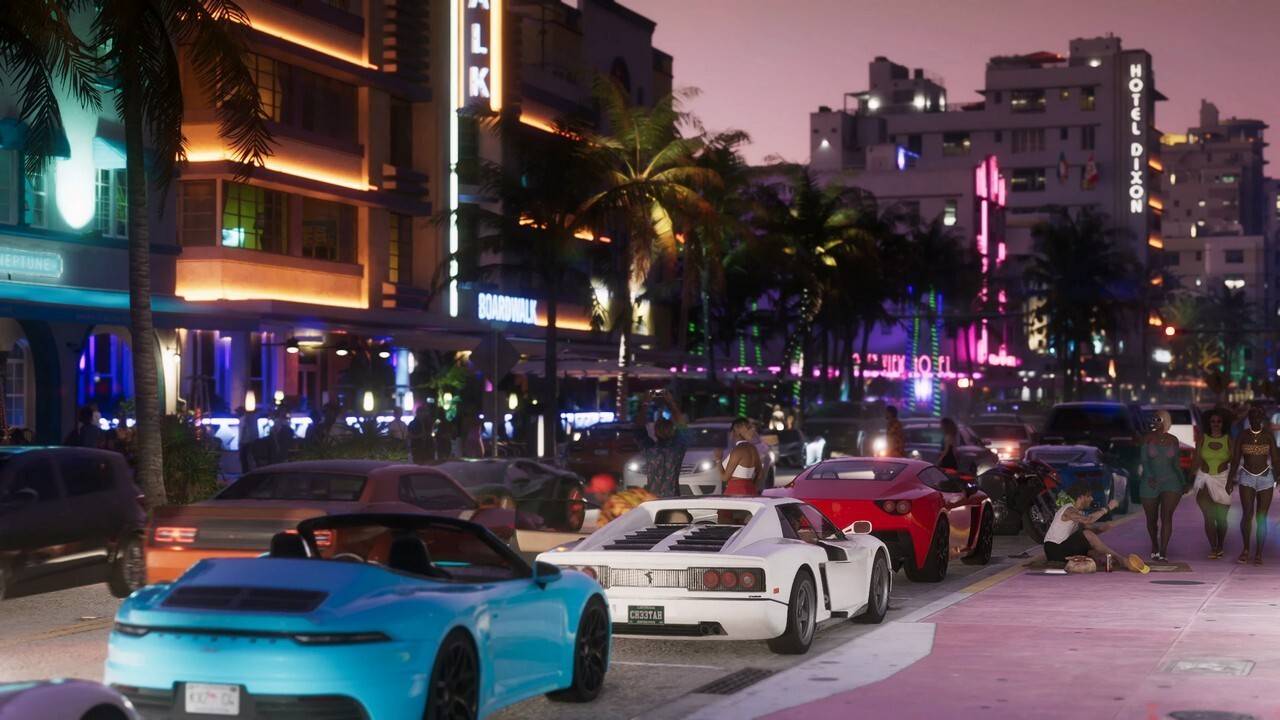
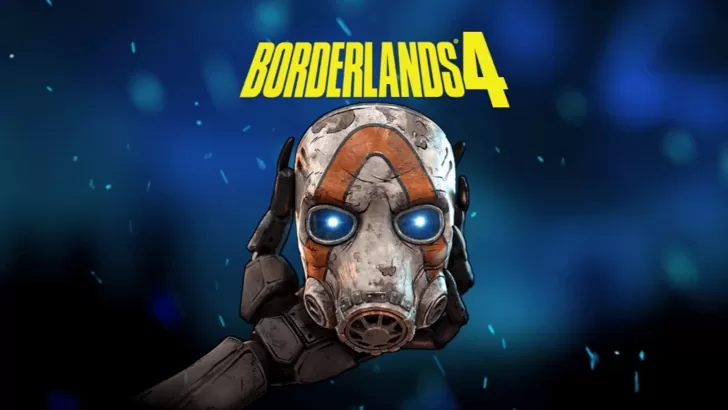


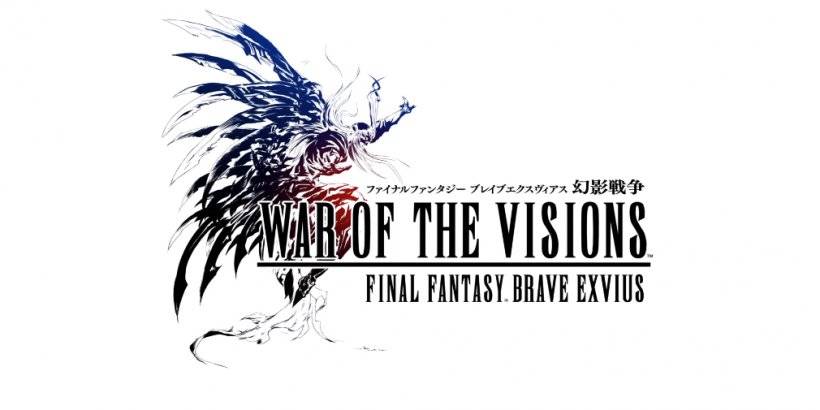
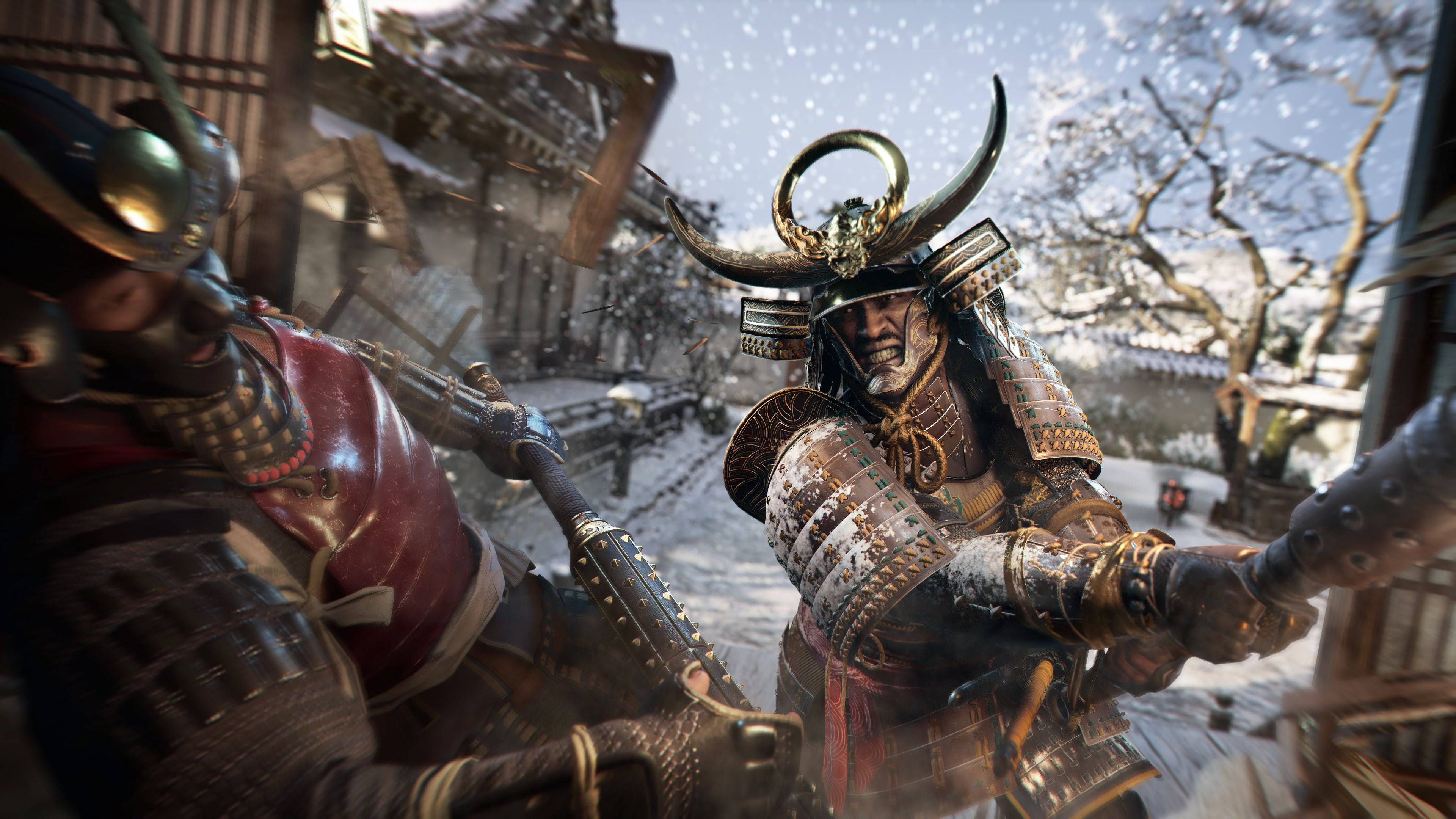













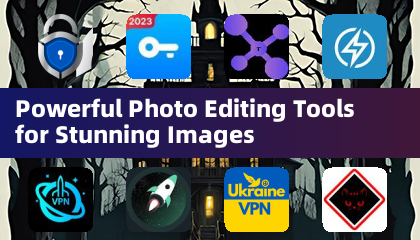




![City Devil: Restart [v0.2]](https://img.icssh.com/uploads/38/1719554737667e52b102f12.jpg)




